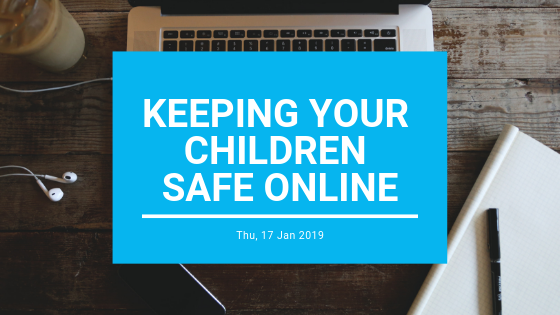Keeping Children Safe Online
The internet is a beautiful place. It allows for our team at ExpertEase Tuition to provide your children with the support they need during critical periods like their GCSE’s. However, it’s not always entirely safe for young minds. With kids being exposed to the web from even younger ages on average, the need to protect them from the dangers that lurk on it is more critical than ever. We’re going to be looking at some of the ways that you can keep your children safe because we take e-safety exceptionally seriously.
Never Give Out Personal Information
It is true that when you signed up to have your child tutored, you gave us some personal information to help us provide the best possible standard of education. However, that’s all the information we need for online tuition.
Because we have already collected the information we require, you should never relinquish any more unless you are 100% satisfied we’re the ones asking.
This caution should translate to the rest of the internet. Kids and parents alike, we urge you never to provide personal information to anyone you do not trust. They are not good people, and many would use it to try and cause you harm. Always be vigilant.
Never Speak To Strangers
We know that the modern world is full of online gaming and various chat rooms, but these are places frequented by potentially dangerous people. Never speak to strangers online in games or chat rooms, and always tell your parents if you’re worried about something.
On a side note to parents, please make sure your children understand the dangers of online strangers. Their schools should cover it in time, but it can’t hurt to reinforce their awareness.
Stay On Trusted Sites
ExpertEase Tuition provides English, Maths and Science tuition to those who need it, but we’re also a trusted provider and a safe site on which to be. Many websites are secure for your children to visit, but many more or not. In a lot of instances, your search engine will prevent you from accessing these sites, as will an anti-virus software. If you’re worried about a website, don’t go on it. Places like CEOP are useful for reporting web pages and sites which you consider to be dangerous or illegal and helps you to protect your children.
Educate Yourself
As a parent, it is your responsibility to keep your child safe. However, we know that the world of e-safety can be a difficult one. It’s crucial you take the adequate steps to learn about the internet so that you can safeguard your child as they move through KS3 and beyond. There are plenty of resources out there like ThinkUKnow, which help in this regard.
Overall, these are just a few of the different things which you need to consider when going online or letting your children online as a parent. We want all kids to feel like they’re safe on the internet because it’s a handy tool with which to learn. However, there are people and forces out there that would abuse the web, and we must teach children how to stay safe.

